The other day, I wondered whether the official MBIP winner would match the shadow winner again. Now I know the answer to that question: well, no.
The winner of the Man Booker International Prize 2017 was…
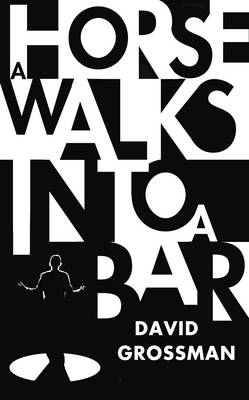
A Horse Walks into a Bar by David Grossman, translated from the Hebrew by Jessica Cohen (Jonathan Cape).
I quite liked the book, but it wasn’t one of my favourites; and it didn’t make our shadow shortlist at all. As Tony notes in his post on the winner, it’s hard not to feel disappointed when you’ve invested several months in following this competition, and the result doesn’t go the way you wanted.
Of course, there’s more than one point of view. A Horse Walks was by far the favourite longlisted title of readers from the Mookse and the Gripes Goodreads group who were also following the Prize. A lot of people rate this book very highly. We on the shadow panel weren’t among them. Ah well, so be it.
My congratulations go to David Grossman, Jessica Cohen, and everyone else involved in the publication of A Horse Walks into a Bar. My thanks go to my fellow shadow panellists Stu, Tony Malone, Grant, Bellezza, Tony Messenger, Clare, and Lori. Thanks also to everyone who’s been reading along with our discussions.
See you again next year? ?
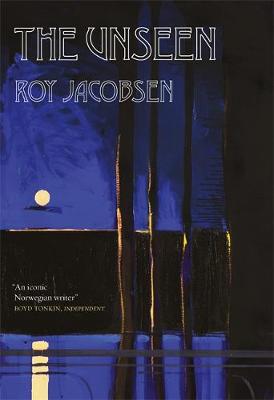
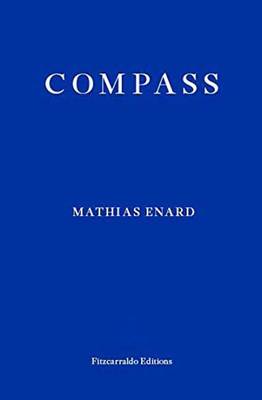

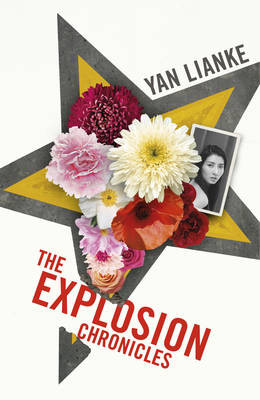
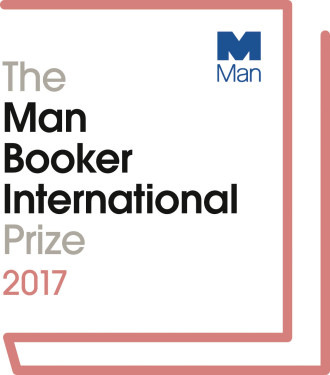
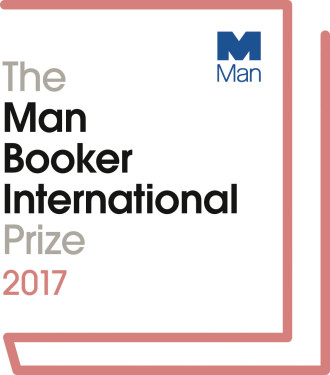
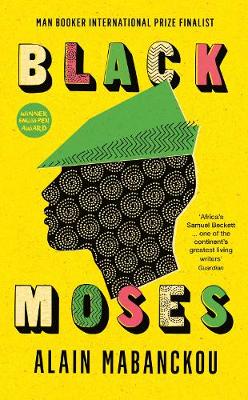
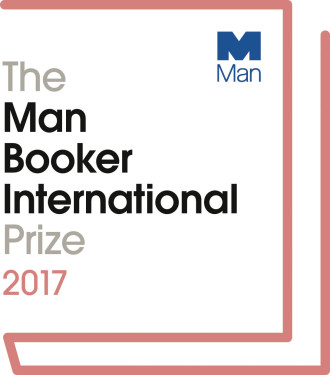
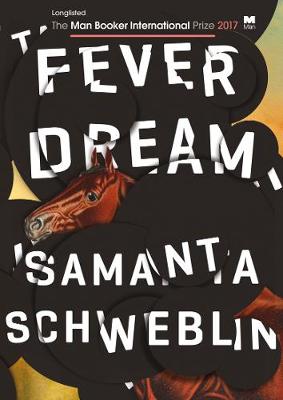
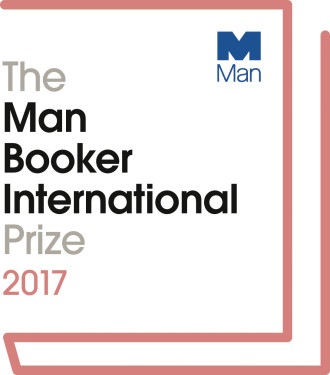
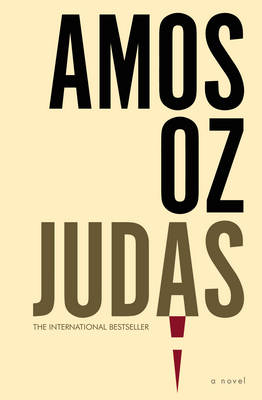
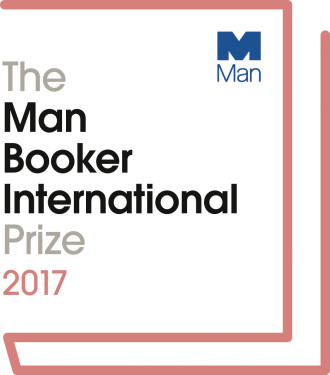


Recent Comments